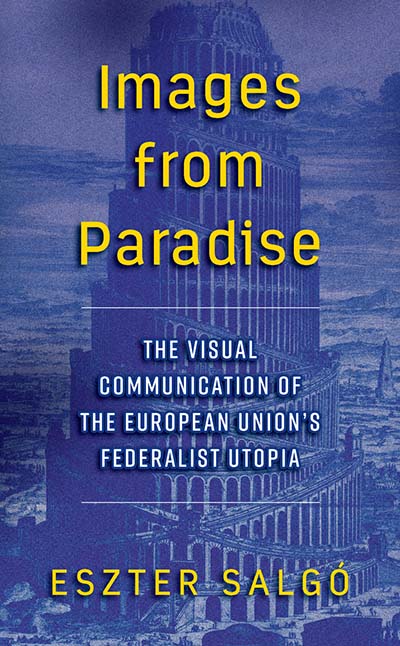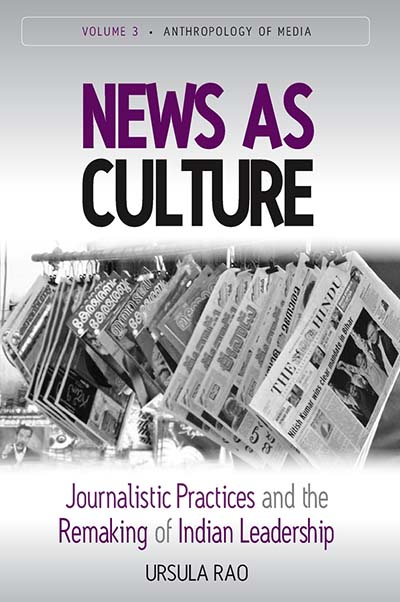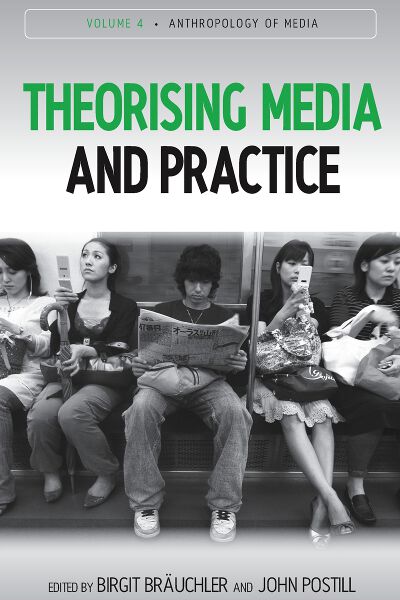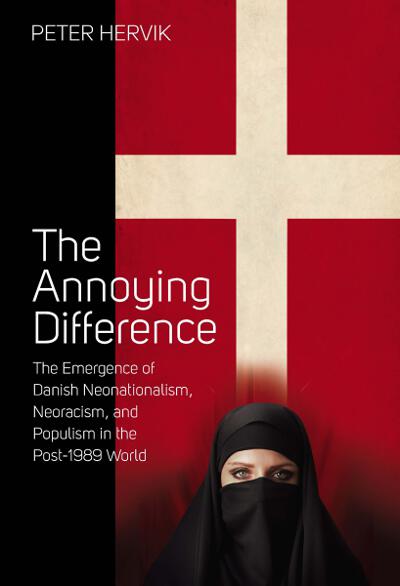
See Related
Anthropology JournalsEmail Newsletters
Sign up for our email newsletters to get customized updates on new Berghahn publications.
Images from Paradise
The Visual Communication of the European Union's Federalist Utopia
Eszter Salgó
248 pages, bibliog., index
ISBN 978-1-78533-618-8 $135.00/£104.00 / Hb / Published (August 2017)
eISBN 978-1-80758-770-3 eBook
Reviews
“Eszter Salgó’s analysis of a hoped-for federalist European utopia as engineered by the architects of European integration within the European Union is wholly engaging, intellectually provocative, and timely. Its strength lies in its broad critical review of European integration and its federalist imperatives, as promoted by a very wide range of scholars, government ministers, and public intellectuals.” • JRAI
“…a very original and compelling read. It succeeds in synthesizing important theoretical insights with a powerful narrative. An essential contribution to a psycho-cultural understanding of the EU.” • Frank Furedi, University of Kent at Canterbury
“This is a highly interesting and at times intriguing take on a very timely and difficult topic: the uncertain political present and future of the European Union. It combines in original ways psychoanalytical and anthropological approaches to the study of identity politics… The empirical part of the book… provides a convincing and insightful narrative of the symbolic politics practiced by European elites especially after the 2008 crisis.” • Camil Francisc Roman, University of Cambridge
“This is a very timely and thoroughly researched work that shows how psychoanalytical theory can make an important contribution to our understanding of the EU and its discourses.” • Jaro Stacul, Memorial University of Newfoundland
Description
Drawing upon the disciplines of politics, anthropology, psychoanalysis, aesthetics and cinema studies, Salgó presents a new way of looking at the “art of European unification.” The official visual narratives of the European Union constitute the main object of inquiry – the iconography of the new series of euro banknotes and the videos through which the supranational elite seek to generate “collective effervescence,” allow for a European carnival to take place, and prompt citizens to pledge allegiance to the sacred dogma of the “ever closer union,” thereby strengthening the mythical sources of the organization’s legitimacy. The author seeks to illustrate how and why the federalist utopia turned into a political soteriology after the outbreak of the 2008 crisis.
Eszter Salgó teaches at the Department of Political Science and International Affairs, at John Cabot University, in Rome. Her previous work includes Psychoanalytic Reflections on Politics: Fatherlands in Mothers’ Hands (Routledge, 2014).




